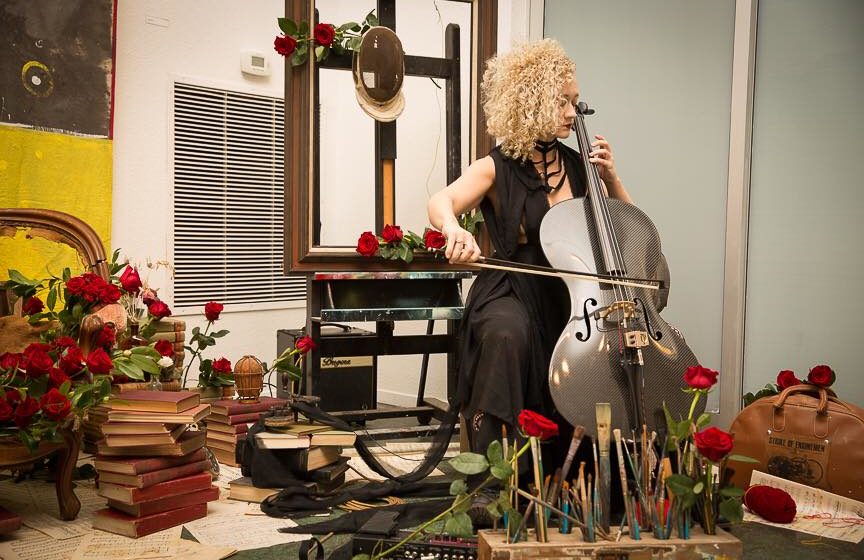COVID-19 illuminates the ongoing suffering felt by so many in San Jose. Many citizens struggle to provide housing and food for themselves and their families. Now, the loss of income and access to good medical care has only intensified that struggle.
The intensity of that suffering will continue to increase if we fail to address this festering wound of gross structural inequalities. To shatter this, we need to collectively recognize destructive narratives and resist efforts that marginalize the voices of our home.
As a working musician in San Jose, I have developed an awareness of governmental and institutional regulations and policies that impact my ability to stay in the area. The frailty of the arts ecosystem was always apparent. Even before the pandemic thrust the fragmentation of the Bay Area to the surface, I watched the chronic displacement of both colleagues and venues unfold over and over.
The lack of affordable housing and effective public transportation, the costs and difficulties associated with running a small business, and unchecked development collectively disrupt and impact not just my immediate musical ecosystem but all members of my community.
As a musician, I have been tokenized and actively excluded from the political processes that impact my life. The cultural tendency to perceive artists as having separate needs and experiences effectively others them and fails to understand them as signifiers of the community’s well-being. This othering parallels that of San Jose’s unsheltered residents and all of those who are marginalized.
My past two albums, “Finding San Jose” (2016) and “Transfigurations” (2019), demonstrate the impact of gentrification on my immediate musical ecosystem. Within them, a documentation of lives and venues that have been displaced or shuttered by high rents and poor urban planning emerges. Of the studios I have worked at, nearly all have closed not due to the pandemic but high rents and rapid development. Of the almost 40 colleagues featured on the albums, nearly all have been impacted by affordability, either having to repeatedly move in an effort to find low-cost housing or find secondary jobs. They have no safety nets and no protections.
From my time as a San Jose arts commissioner, to my participation in grossly gentrifying activities through the Knight Foundation, an organization that has left a questionable economic footprint in San Jose, I have learned that my expected participation in my community’s evolution is as a passive, apolitical spectator; only providing a universal reflection of the world.
I am more likely to be invited to perform cello or share my livestreaming experiences than disclose and confront the powers that be about how much of my livelihood is hurt by the decisions the city makes. For example, in lieu of affordable, subsidized spaces that artists may cultivate for the long term, we are offered pop-up events, false partnerships with private developers and unpaid or underpaid “opportunities” that will only further aid in the displacement of my colleagues and myself.
A return to normal means a return to incredible anguish and even greater disparity. This has to stop. It is only in the radical confrontation and a refusal to accept the status quo by those on the margins that any meaningful change can commence.
These voices will never be invited to the table. Therefore, it is the role of the uninvited to reclaim those spaces and make room for others barred from the processes that impact their lives. Explicitly, this can mean community organizing, showing up at City Council meetings, writing to newspapers, running for public office, refusing to participate in events or activities that undermine the community’s health, and most importantly, continually offering a counter vision to the powers that be.
Then we will have reason for optimism.
Freya Seeburger aka Cellista is a working artist living in downtown San Jose, a former San Jose arts commissioner, and currently serves as an elected chapter governor for the SF Recording Academy.



Leave a Reply
You must be logged in to post a comment.